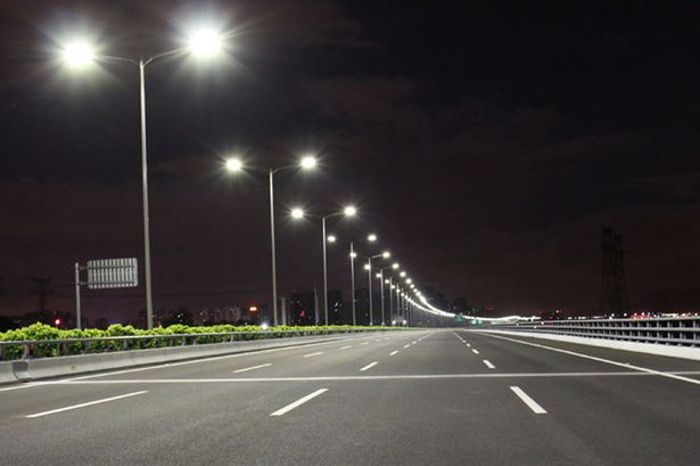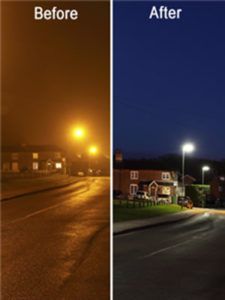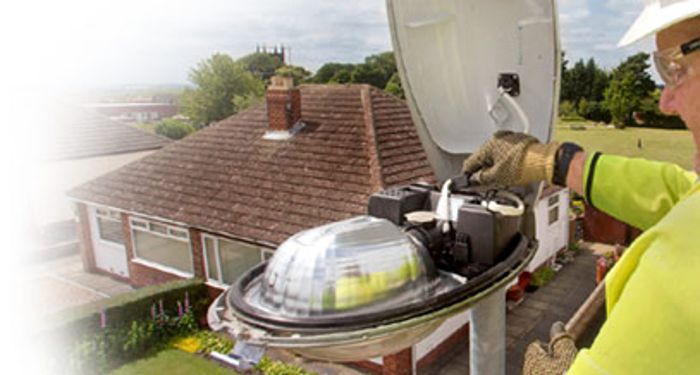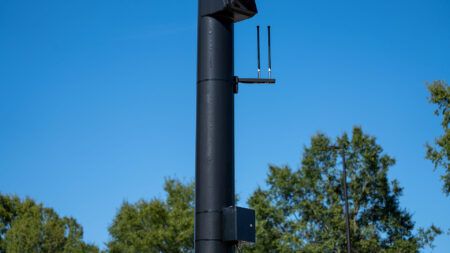As part of its long-term ambition to become a ‘Smart City’, Leeds City Council in the UK has moved forward with its program to upgrade all of its street lights to make them more energy efficient.
In December 2018, the council’s executive board approved a plan to invest £25.4m (US$32m) to convert 86,000 lights across the city to new LED lamps. The council has since been working with street lighting partner TVL on finalizing the details of the program, and an agreement has now been reached to allow the four-year delivery period to start in September at a reduced total cost of £22.5m (US$28.3m). The move follows the start of work last week to install the camera infrastructure that will be required to monitor and enforce the city’s clean air charging zone (CAZ) that is expected to be operational by January 2020.

The council currently spends around £4.8m (US$6m) a year on electricity to run approximately 92,000 street lights, with 6,000 of these already earmarked to be converted to LEDs. The confirmed program will convert the remaining 86,000, generating savings of £3.4m (US$4.3m) a year at current energy prices when the work is complete. The successful conversion of the street lights is estimated to reduce the street lighting energy consumption in the city by approximately 62%, delivering around 7,050 tonnes of carbon savings. This reduction will contribute to the council’s commitment to working towards becoming carbon neutral by 2030.
 Additional benefits also include the new LED lanterns being fully recyclable, while their increased efficiency will require less maintenance visits and therefore less emissions from service vehicles. As part of the street lights upgrade, Leeds City Council has approved funding of £5m (US$6.3m) to make the system remotely controllable using the latest technology as part of the ‘Smart City’ approach. This would enable the system to be controlled in real-time, connected as a full network, and with the ability to be integrated with other city infrastructure such CCTV and traffic monitoring cameras, and air quality and temperature sensors. Discussions around this aspect of the project are continuing.
Additional benefits also include the new LED lanterns being fully recyclable, while their increased efficiency will require less maintenance visits and therefore less emissions from service vehicles. As part of the street lights upgrade, Leeds City Council has approved funding of £5m (US$6.3m) to make the system remotely controllable using the latest technology as part of the ‘Smart City’ approach. This would enable the system to be controlled in real-time, connected as a full network, and with the ability to be integrated with other city infrastructure such CCTV and traffic monitoring cameras, and air quality and temperature sensors. Discussions around this aspect of the project are continuing.
“Having made a commitment to doing everything we can to tackle the climate emergency and become carbon neutral as a city, looking at our street lights and making them as energy efficient as we can by converting them to the latest LEDs is a key priority,” explained Leeds City Council’s executive member for climate change, transport and sustainable development, Lisa Mulherin. “As well as making them much more energy efficient, and being fully recyclable, this program delivers significant financial savings and will have paid for itself in around seven years.”
Stuart Chaston, managing director of operating sub-contractor SSE Enterprise, said, “We are proud to support Leeds City Council’s commitment to working towards becoming carbon neutral by 2030. We are driving forward the “Smart Cities” approach, enabling more areas to embrace technology to make a real impact on their carbon emissions and manage energy more efficiently and Leeds is at the forefront of this.”





